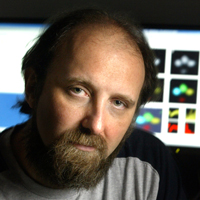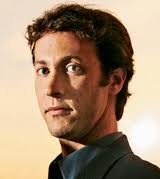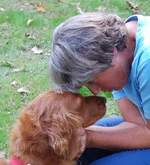Patricia Churchland on Neuroscience and Morality (BSP 81)
/Patricia Churchland (photo by Nines Minquez)
BSP 81 marks the return of philosopher Patricia Churchland, who I first interviewed back in Episode 55. Our recent conversation focuses on her latest book, Braintrust: What Neuroscience Tells Us about Morality. We discuss the historical background and contrast Churchland's approach to that of Sam Harris in The Moral Landscape. Then Professor Churchland discusses how recent discoveries in neuroscience are shedding light on the evolutionary origins of morality.
It's a fascinating conversation that you won't want to miss.
How to get this episode:
- Premium Subscribers now have unlimited access to all old episodes and transcripts.
- Buy mp3 for $1.
- Buy Transcript for $1.
- New episodes of the Brain Science Podcast are always FREE. All episodes posted after January 1, 2013, are free. See the individual show notes for links the audio files.
References:
- On Liberty (1859), by John Stewart Mill (Available free from Project Gutenberg).
- Neurophilosophy: Toward a Unified Science of the Mind-Brain, by Patricia Smith Churchland.
- Braintrust: What Neuroscience Tells Us about Morality, by Patricia S. Churchland.
- The Moral Landscape: How Science Can Determine Human Values, by Sam Harris.
Links:
- Brain Science Podcast 55: my first interview with Patricia Churchland (2009).
- Churchland's appearance on recent Charlie Rose Show (12/5/2011).
- Interview with social psychologist Carol Tavris (2011).
- Check the episode transcript for links to the numerous scientists mentioned in this interview.
Announcements:
- Enter the new drawing to win a free copy of Braintrust by Patricia Churchland by completing the new Brain Science Podcast Audience Survey.
- Post feedback to the BSP Fan Page on Facebook, or the Brain Science Podcast page on Google+.
- Join the Discussion in the BSP Group on Goodreads or send me email at gincampbell at mac dot com.





















